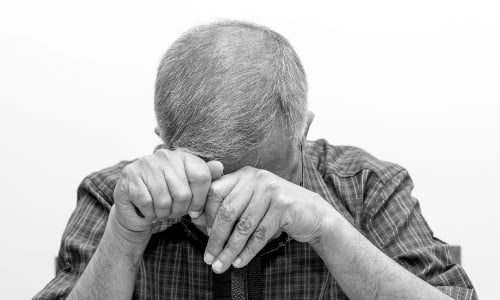
New data on domestic abuse in older people
How new data is improving our understanding of an issue that's gradually coming into the light.
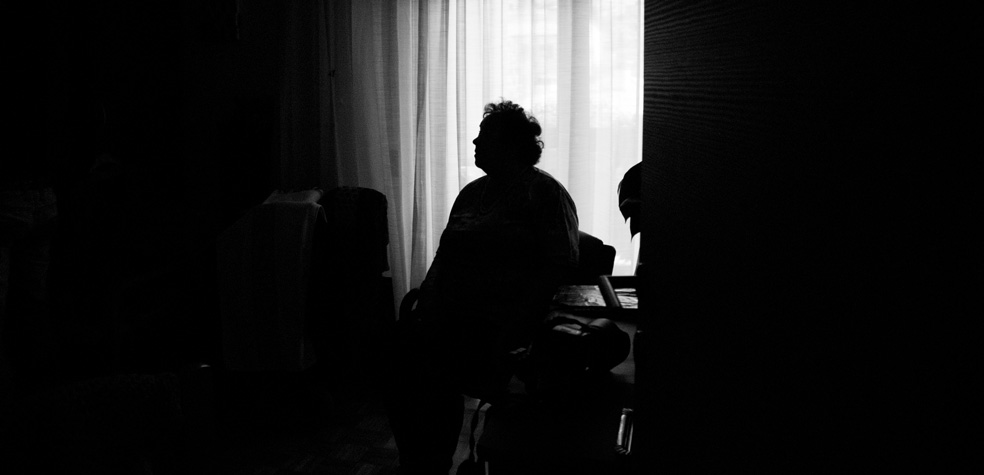
We campaigned for data to be collected on all victims and survivors of domestic abuse, whatever their age. We’re delighted that the Office for National Statistics has listened and will now start collecting this data on those aged 75+.
We will continue to campaign for older people's experiences of abuse to be taken seriously and for them to get the support they need through specialist services. We're calling for training that gives healthcare professionals the ability to spot and report signs of abuse in older people.
If you or someone you know is in immediate danger, call 999.
Age UK Advice Line: 0800 678 1602
National Domestic Violence Helpline: 0808 2000 247
Mankind: 01823 334 244
You can also get support by visiting a participating pharmacy and asking for ‘ANI’. Staff will give you immediate help.
Read our information on protection from abuse
When the people you most depend on to care for you instead control or abuse you, it can seem like there is no way out. This is why we need to make sure older people who experience domestic abuse are protected by the law, and there are enough resources to support them leaving abusive situations.
We know that there are a huge number of older people experiencing domestic abuse, yet there’s no trace of them in the official domestic abuse statistics. Up until now, the Crime Survey of England and Wales has only collected this information on victims and survivors aged 74 and under.
But thanks to Age UK campaigners, the Office for National Statistics has now agreed to change this and include over 74s in their data.
This data will show councils, domestic abuse charities and the NHS that there is a problem, and that abuse doesn’t have an age limit.
Right now, specialist domestic abuse services for older people are little more than a pipe dream without proper funding, and they will only get funded if there’s data showing there is a need for them. Accurate data is the crucial first step in ensuring there is appropriate support in place for older victims and survivors, and that help is provided to those who need it.
We are glad that older victims and survivors’ voices and experiences will finally be heard.
No Age Limit: the blind spot of older victims and survivors in the Domestic Abuse Bill.
Unfortunately, the situation facing older victims and survivors has deteriorated significantly due to the Coronavirus pandemic and lockdown. Many older victims will have faced an impossibly cruel situation in which they were afraid to go out for fear of contracting a life-threatening illness, and afraid to stay in for fear of being abused at home. Indeed, for many this situation still plays out, day after day. With further lockdowns and restrictions on activities a very real possibility, this will be a recurring nightmare for them.
Grace is 81. She has endured 57 years of physical and sexual abuse and financial and emotional coercive control by her husband, George.
“When I was 22 I met George. He was handsome and charming. He showered me with compliments and made me feel wonderful. However he controlled every penny and decided what I wore and how I arranged my hair.
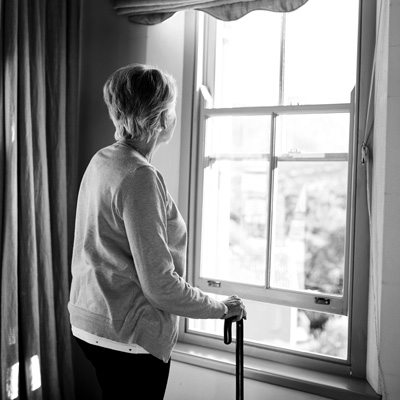
George would return from the races smelling of whiskey. If he’d won at the races we’d dance and he’d treat me to a bottle of port. If he’d lost, he’d treat me to a beating.
When the children left home, George allowed me to have a part time job. I started to gain confidence.
George noticed the change in me and began treating me differently - he even bought me a cat. I adored Misty and she followed me everywhere.
But one evening, George whispered in my ear what he would do to Misty, if I ever left him. He repeated that threat hundreds of times over the coming years.
His memory has started to fail now. He gets frustrated and angry. Thankfully, problems with his hip mean he can’t manage the stairs any more so he sleeps downstairs and allows me to sleep upstairs.
Night-time is my favourite part of the day. I can rest knowing he can’t get to me and feel safe for the first time in years. I lie in bed and my thoughts are completely my own.”

How new data is improving our understanding of an issue that's gradually coming into the light.
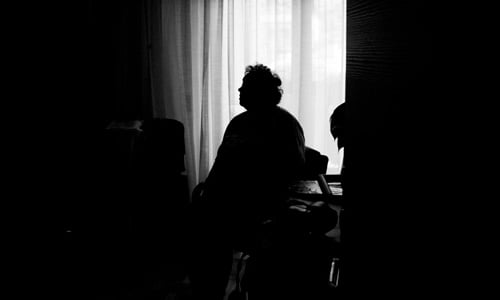
How prevalent is domestic abuse in older people? What are the barriers to seeking and receiving support?

The impact of coronavirus may mean that tens of thousands of older people are experiencing domestic abuse in silence.

Age UK's Domestic Abuse Lead discusses new figures released by the Office for National Statistics.
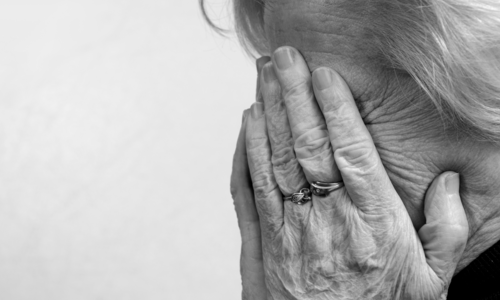
Age UK's Policy Manager for Equality and Human Rights explains ways to better protect older victims of domestic abuse.
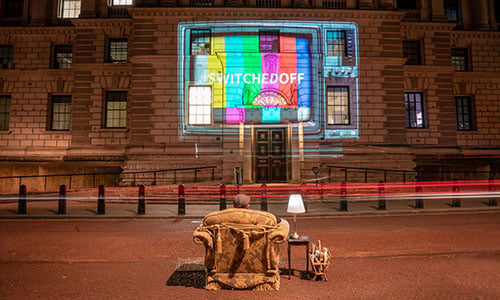
Caroline Abrahams, Charity Director, reflects on the campaign to save free TV licences for the over-75s.